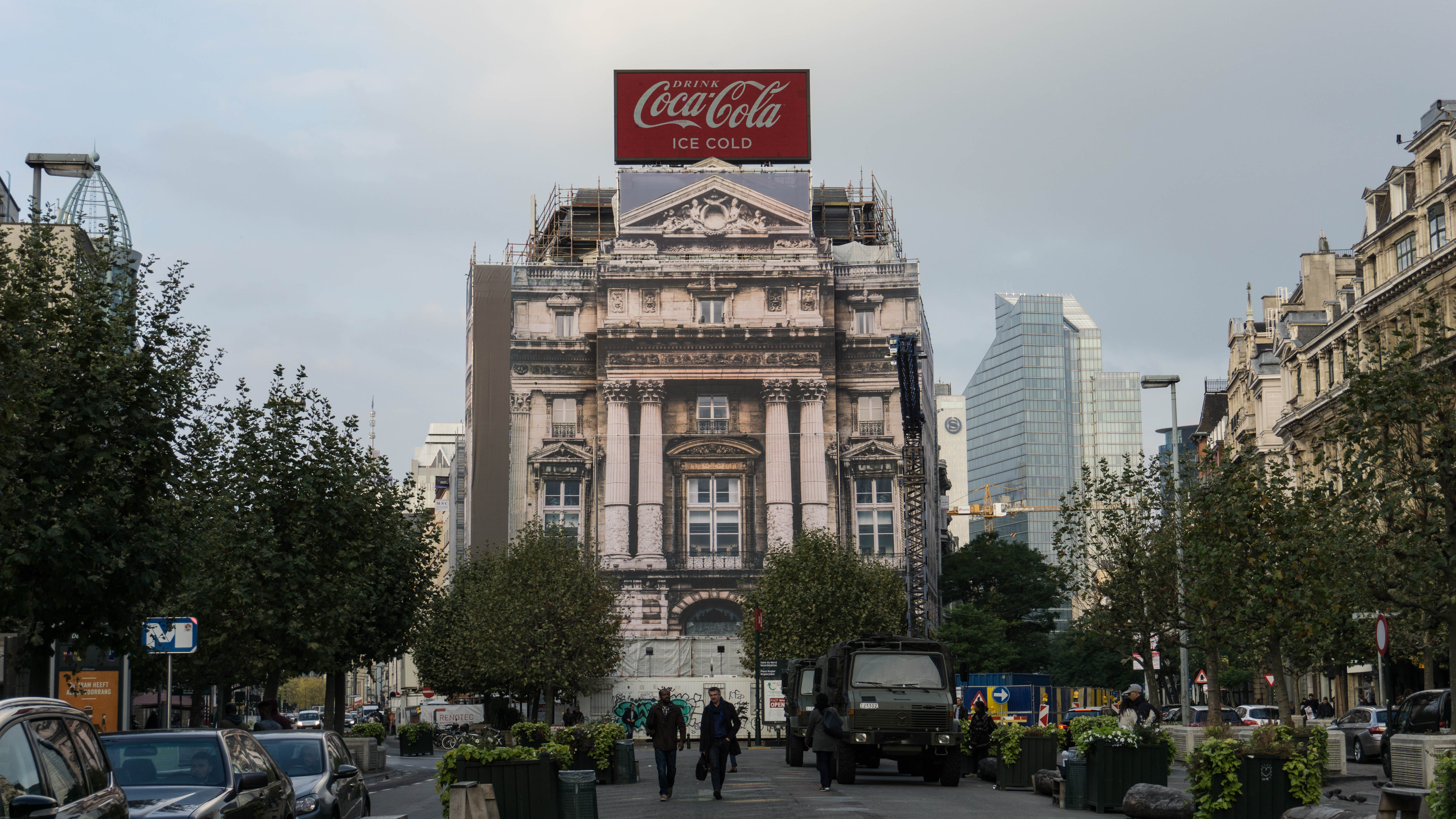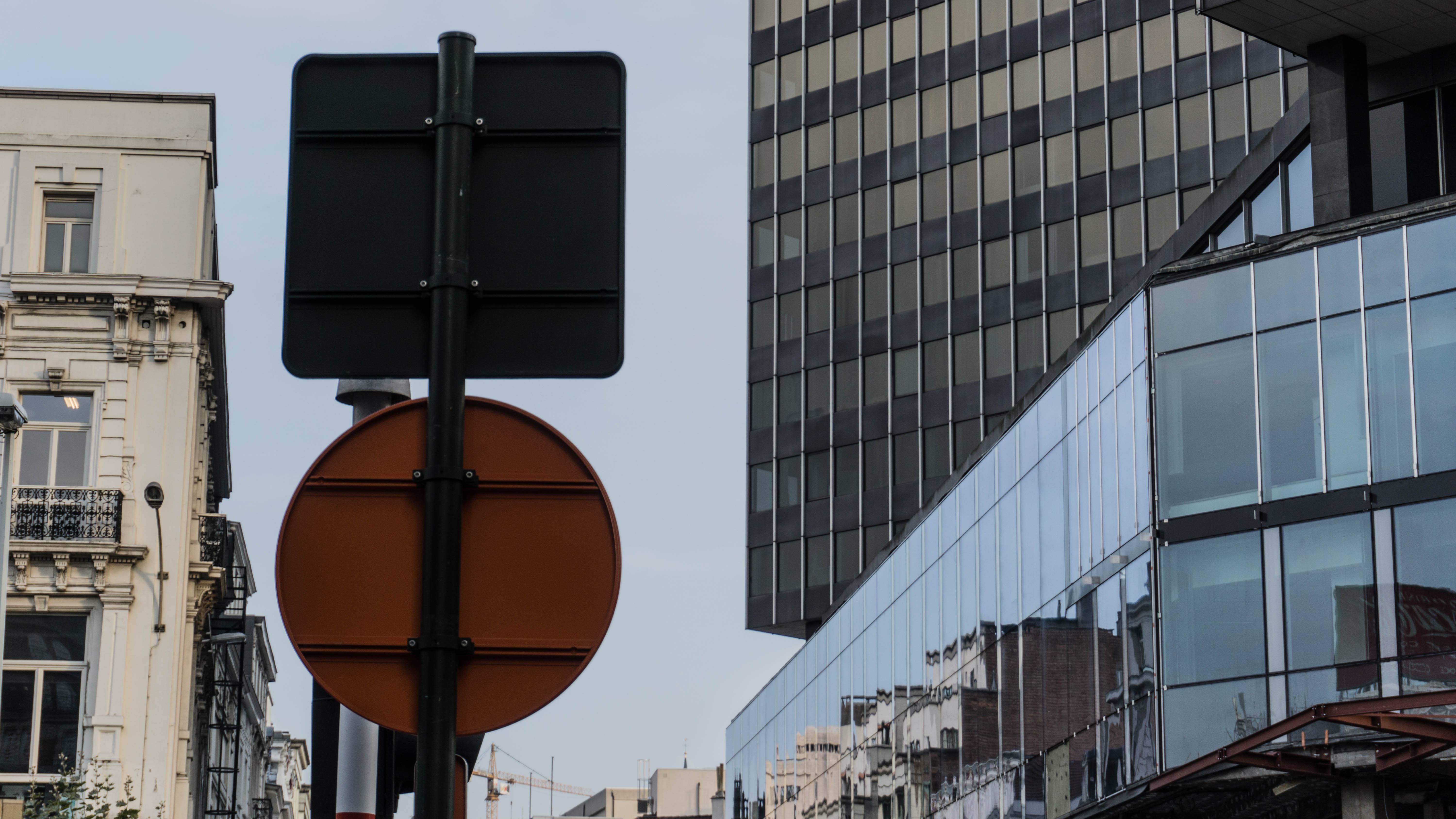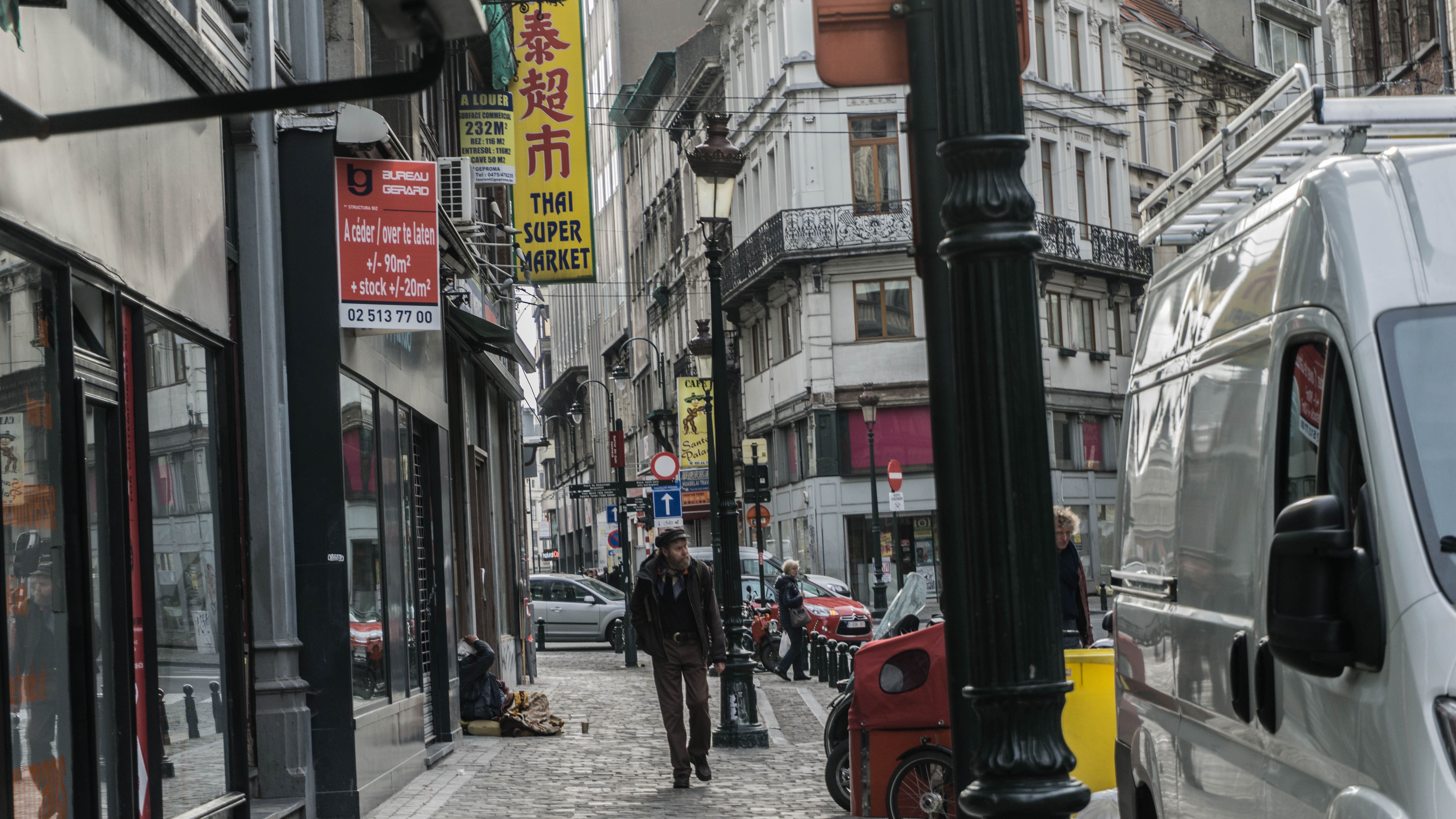

The outermost, merely quite peripheral aspect of the ambiguity of the arcades is provided by their abundance of mirrors, which fabulously amplifies the spaces and makes orientation more difficult. Perhaps that isn’t saying much. Nevertheless: though it may have many aspects, indeed infinitely many, it remains-in the sense of mirror world-ambiguous, double-edged. It blinks, is always just this one-and never nothing-out of which another imnediately arises. The space that transforms itself does so iI, the bosom of nothingness. In its tarnished, dirtied mirrors, things exchange a Kaspar-Hauser-Look with the nothing: it is an utterly equivocal wink coming from nirvana. And here, again, we are brushed with icy breath by the dandyish name of Odilon Redon, who caught, like no one else, this look of things in the mirror of nothinguess, and who understood, like no one else, how to join with things in their collusion with nonbeing. The whispering of gazes fills the arcades. There is no thing here that does not, where one least expects it, open a fugitive eye, blinking it shut again; and should you look more closely, it is gone. To the whispering of these gazes, the space lends its echo: “Now, what;’ it blinks, “can possibly have come over me?” We stop short in some surprise. “What, indeed, can possibly have come over you?” Thus we gently bounce the question back to it.
“The Arcades of París”, p. 878.
…

…
Un aspecto de la ambigüedad de los pasajes: su abundancia de espejos, que amplían el espacio como en un cuento de hadas, dificultando la orientación. Pues aunque este mundo de espejos pueda tener varios e incluso infinitos significados, sigue siendo ambiguo. Parpadea; es siempre este uno y jamás nada, de donde sale enseguida otro. El espacio, que se transforma, lo hace en el seno de la nada. En sus turbios y sucios espejos, las cosas intercambian una mirada-Kaspar Hauser con la nada. Hay por tanto un ambiguo pestañeo desde el nirvana. Y de nuevo nos roza con frío aliento el nombre del galante de Odilon Redon, que captó como nadie esta mirada de las cosas en el espejo de la nada, y como nadie supo mezclarse en el consentimiento de las cosas con el no ser. Un murmullo de miradas llena los pasajes. No hay allí cosa que no abra un pequeño ojo donde menos se espera, lo cierre parpadeando y, cuando miras de cerca, haya desaparecido. Al murmullo de estas miradas le presta el espacio su eco. ¿Qué puede -parpadea- haber pasado en mí? Quedamos perplejos. Sí, ¿qué puede haber pasado en ti? Y de este modo le devolvemos delicadamente la pregunta. •Flâneur.
Walter Benjamin, Libro de los Pasajes, (1940), pág. 556
Its wonderful as your other posts :D, appreciate it for putting
up. http://www.seaside-residences.sg/location-of-seaside-residences-beside-siglap-mrt-station